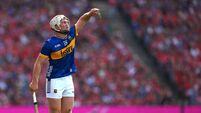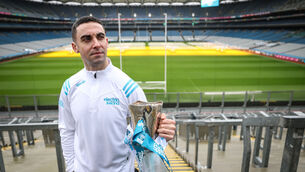GPA needs to keep a symbolic distance
Maybe that’s just as well. The GAA’s recognition of the GPA carries some interesting questions along with it – for both sides.
Although anything that reduces friction between players and administrators is broadly welcome, if it’s a matter of delaying inevitable future cataclysms then maybe that welcome should come with a health warning.













